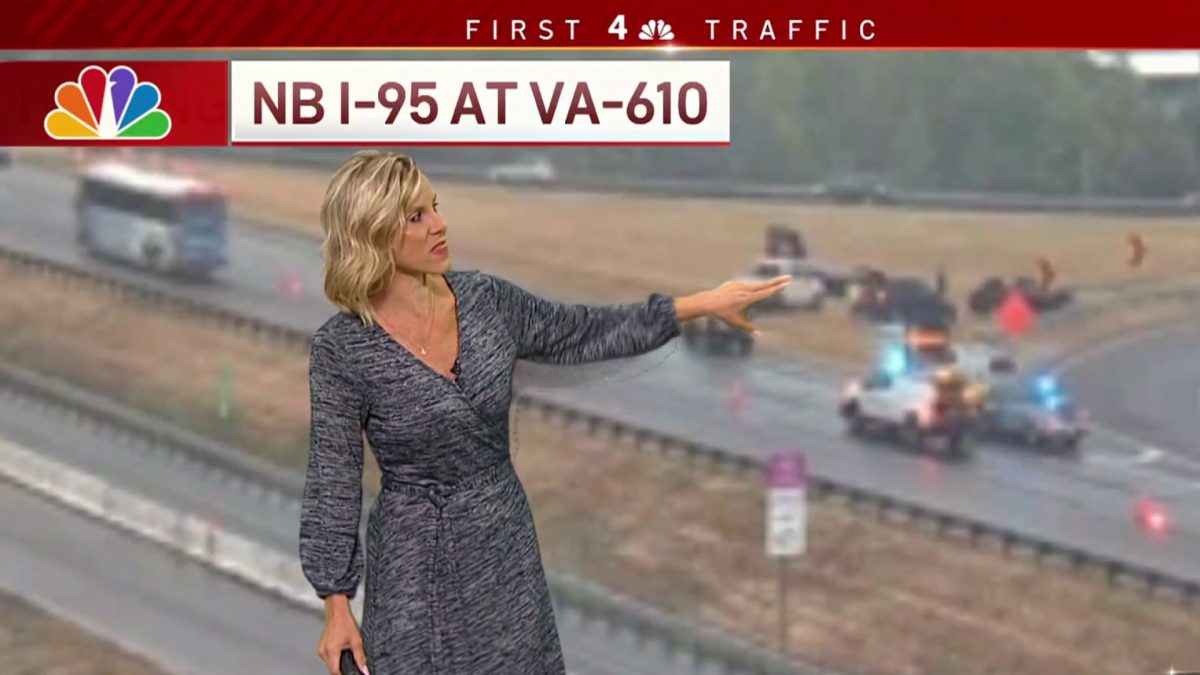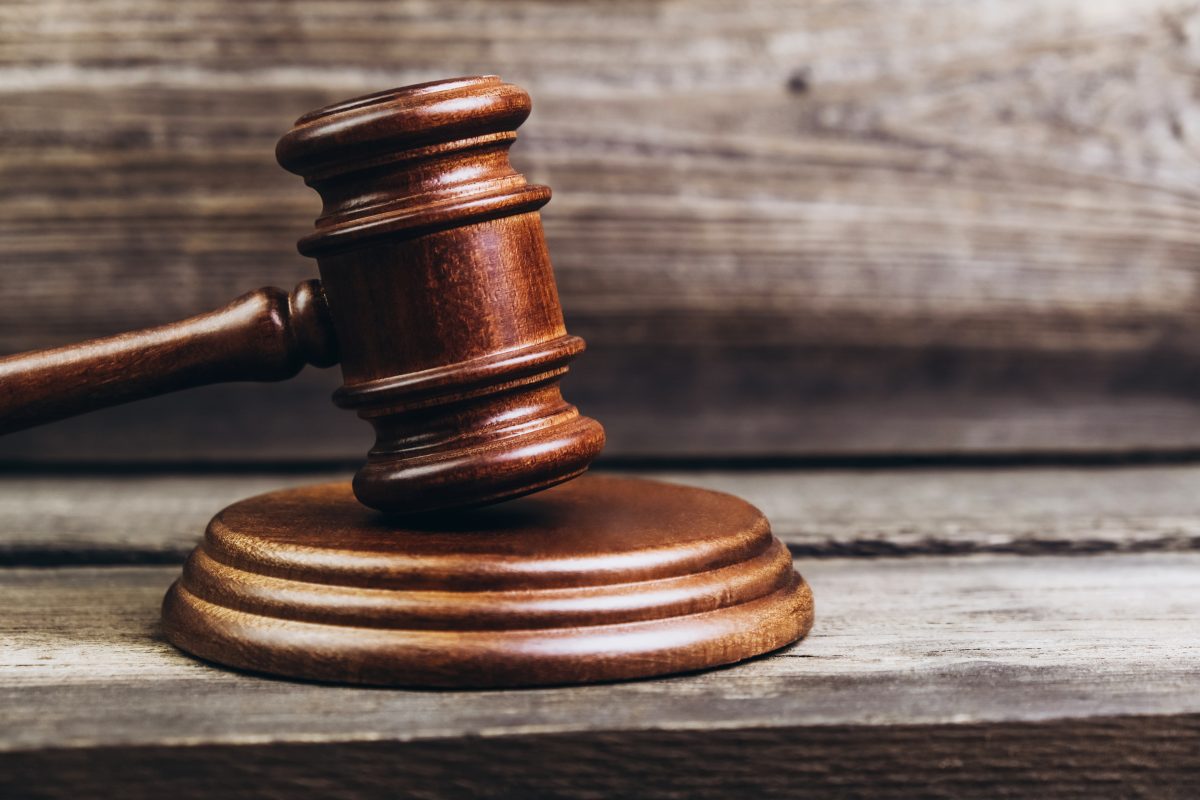Dining at a D.C. restaurant may end up costing customers more than anticipated, and many diners are raising questions about fees and surcharges added to their bill.
Recently, Alexander Madrak was taken aback after he paid his bill and looked at the receipt.
“I included a standard tip, which is usually 20, 22%, and then at the end of after placing the order, I noticed that there was another fee tucked into the bill that included an automatic 20% service fee on top of the 20% fee that prompted me for,” he said. “So essentially, we ended up tipping 40%."
NBC4 Responds started hearing from other diners who say added “service fees” or “fare wage fees” are adding up to be a real problem.
We're making it easier for you to find stories that matter with our new newsletter — The 4Front. Sign up here and get news that is important for you to your inbox.
“No one had told us about the automatic service fee,” Madrak said.
Last November, D.C. voters approved an initiative that will phase out a tip credit over the next few years. That credit used to allow part of a waiter’s or waitress’ salary to come from tips. Without that, restaurants will need to pay their entire salaries. With inflation high and the pandemic impact on restaurants lingering, that puts restaurant owners in a tough place.
“In order to help offset a rise in costs anywhere, whether it's labor, food, workers, uniforms, something else has to decrease or you have to supplement the business with something else in order to offset that rising cost,” said Shawn Townsend, president and CEO of Restaurant Association of Metropolitan Washington.
Local
Washington, D.C., Maryland and Virginia local news, events and information
In response to complaints from diners about tacked on fees, the D.C. Attorney General’s Office issued a consumer alert to provide the public with information about what consumer protection laws allow and prohibit.
“Most restaurant owners who are complying with the law are charging legal fees,” D.C. Attorney General Brian Schwalb said. “There's no prohibition on any particular kind of fee that a restaurant owner can charge as long as the owner tells the consumer before she orders what she's going to end up paying for.”
According to the law, D.C. restaurants must clearly disclose fees before diners order. There is no set way on how the restaurant has to inform diners about their fees as long as the information is made available before ordering and describes what the fee is for.
For restaurants that don’t comply, there could be consequences.
“If it's determined that the restaurant is violating the consumer protection laws, the restaurant could be subject to penalties,” Schwalb said. “The statute allows penalties up to $5,000 per incident.”
After writing a bad review online about the restaurant fee, Madrak said a manager from the restaurant reached out and refunded him.
“Now I actually read the receipt to make sure there hasn't been a 20% tip included,” Madrak said.
RAMW said the service fees are here to stay as the tip credit is set to be eliminated by 2027.
Sign up for our Breaking newsletter to get the most urgent news stories in your inbox.



